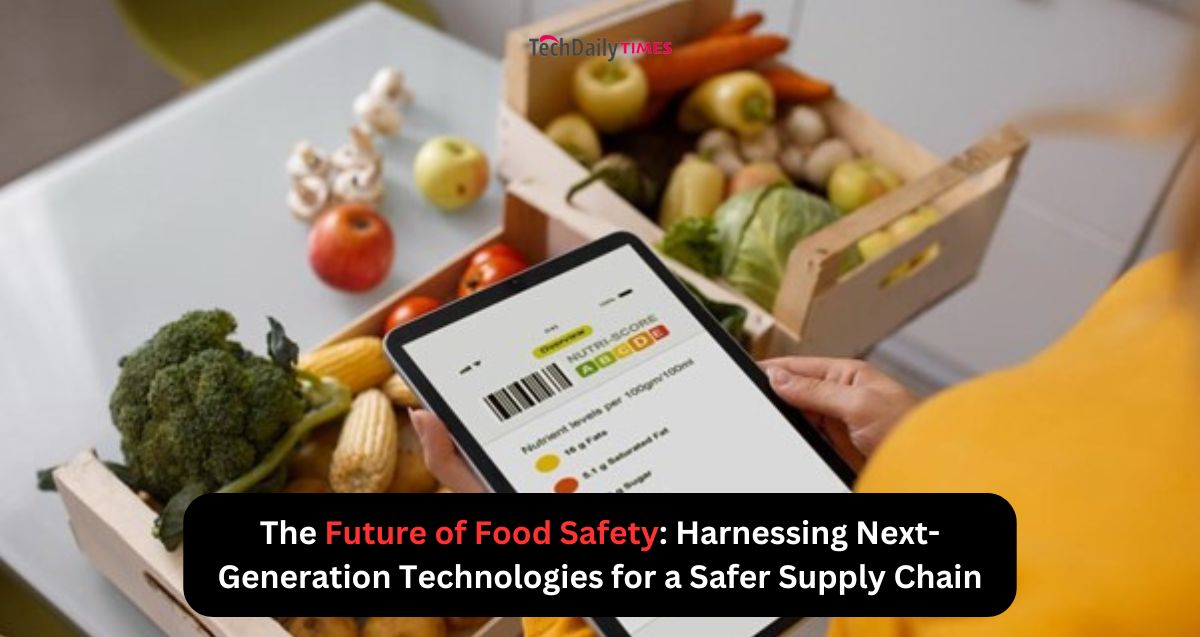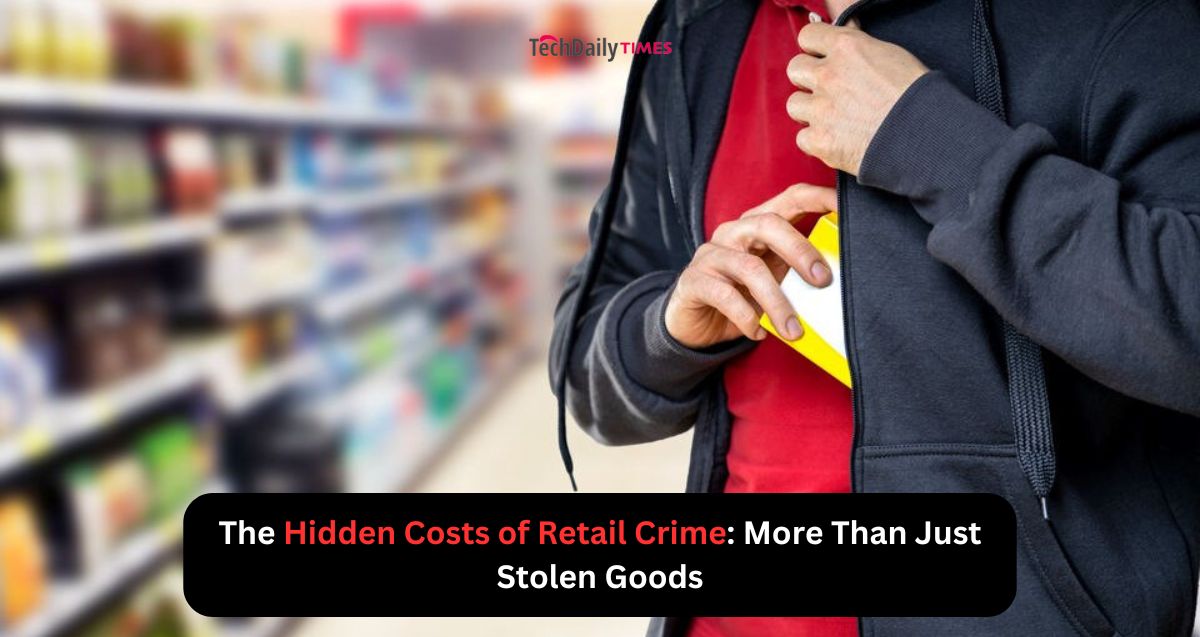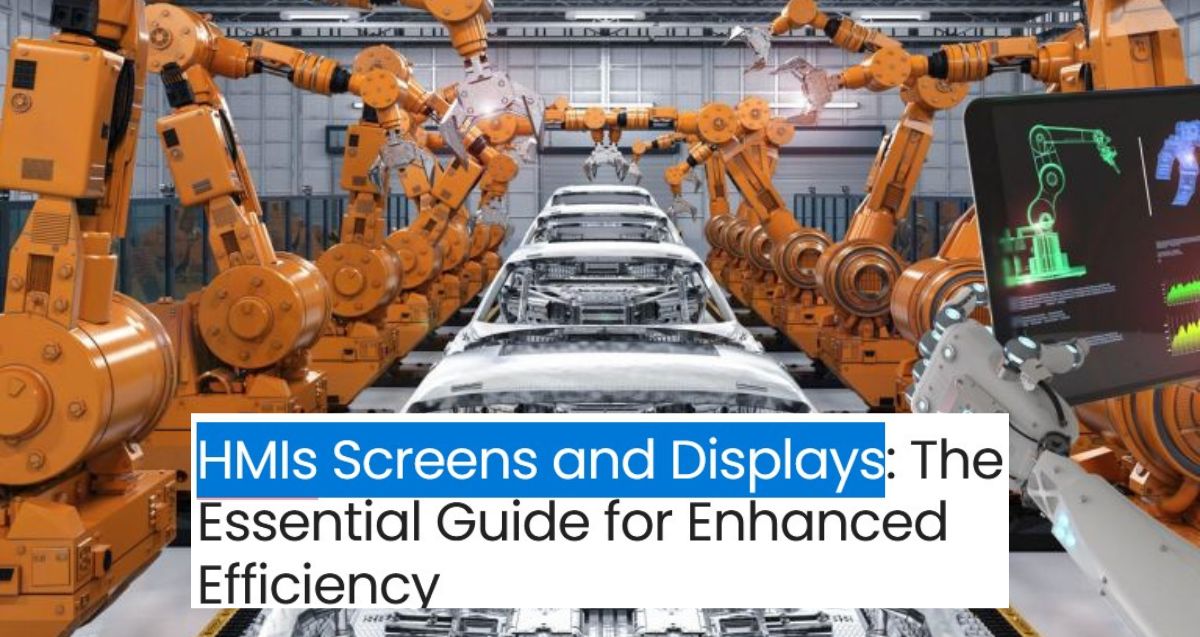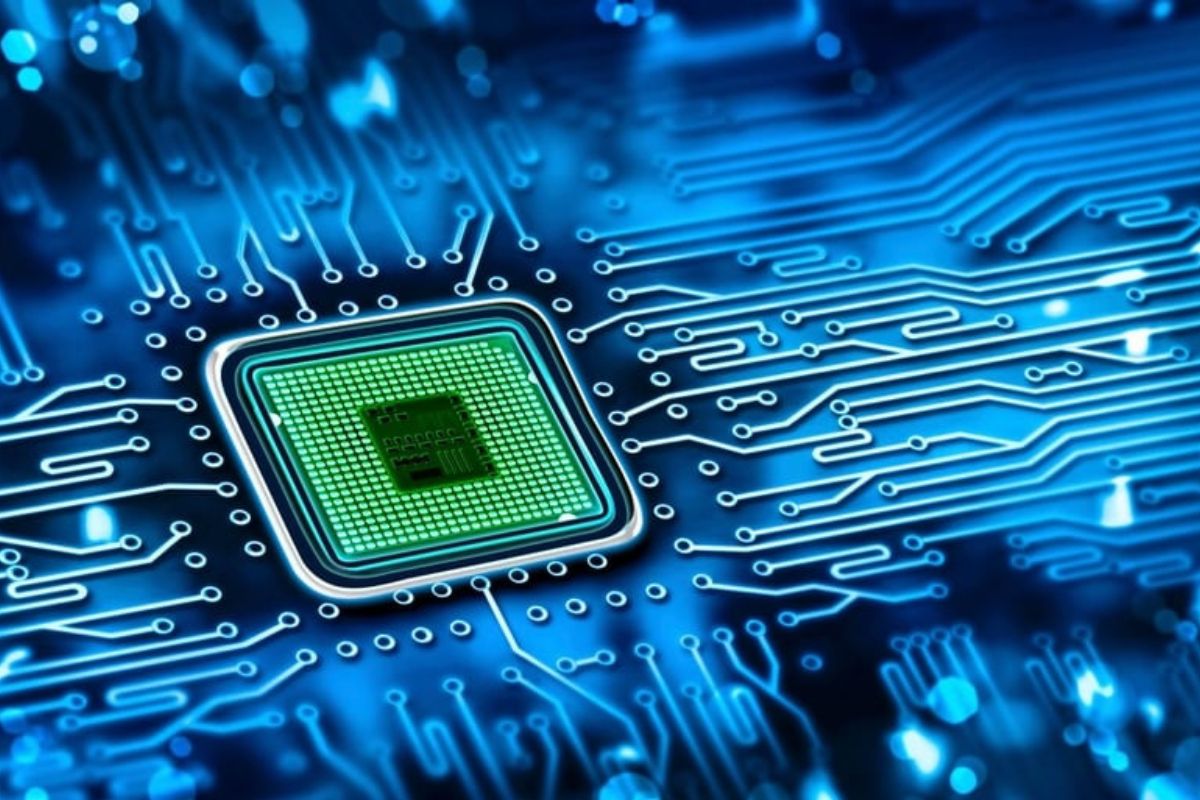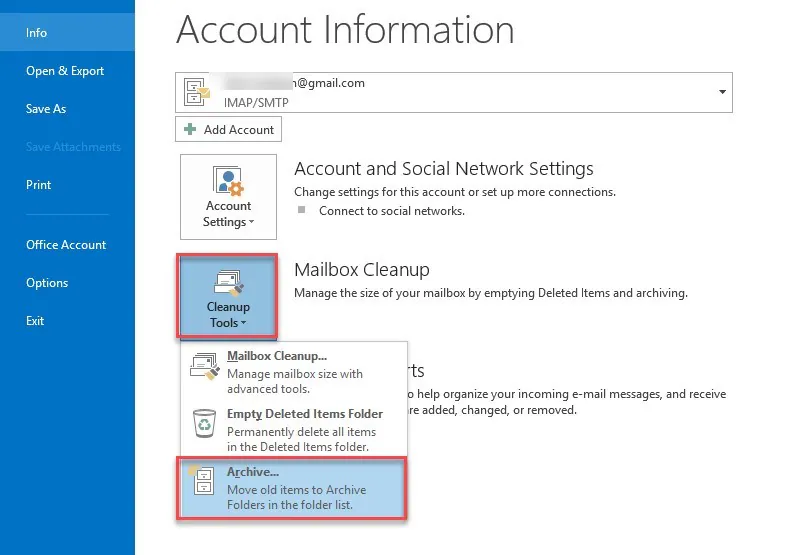As global food supply chains grow increasingly complex, ensuring food safety is more critical than ever. The future of food safety lies in the adoption of next-generation technologies that are transforming the way we monitor, detect, and prevent contamination. From advanced data analytics and blockchain for traceability to AI-powered quality control systems and the Internet of Things (IoT) for real-time monitoring, the industry is undergoing a tech-driven revolution.
Next-gen solutions enable faster response times, more accurate detection of pathogens, and enhanced transparency throughout the supply chain. These advancements not only reduce the risk of foodborne illnesses but also help build consumer trust by ensuring the highest safety standards are met.
In addition, innovations like 3D printing of food, smart packaging, and even the use of biosensors are reshaping food safety protocols. These tools allow for continuous monitoring, predictive maintenance, and a more personalized approach to food safety based on real-time data.
As these technologies evolve, they will not only address the challenges of contamination and fraud but will also play a pivotal role in meeting regulatory requirements and sustainable practices. The future of food safety promises to be one of proactive prevention rather than reactive correction, setting a new benchmark for safety in the global food system.
Infographic provided by EOSYS Group, a top company for a digital manufacturing transformation

